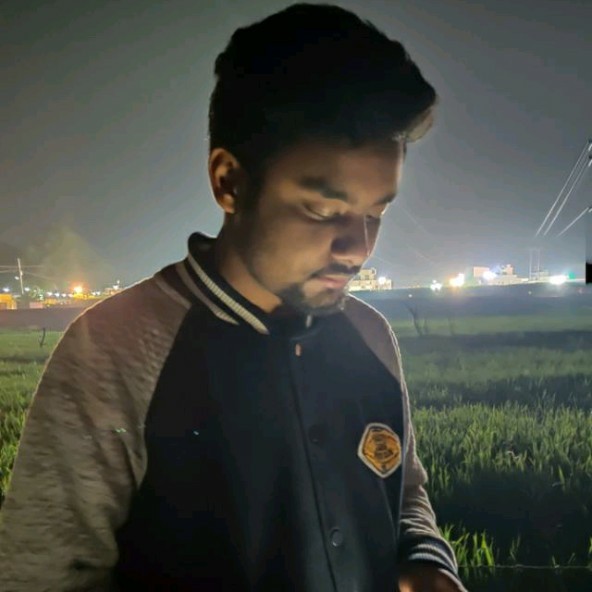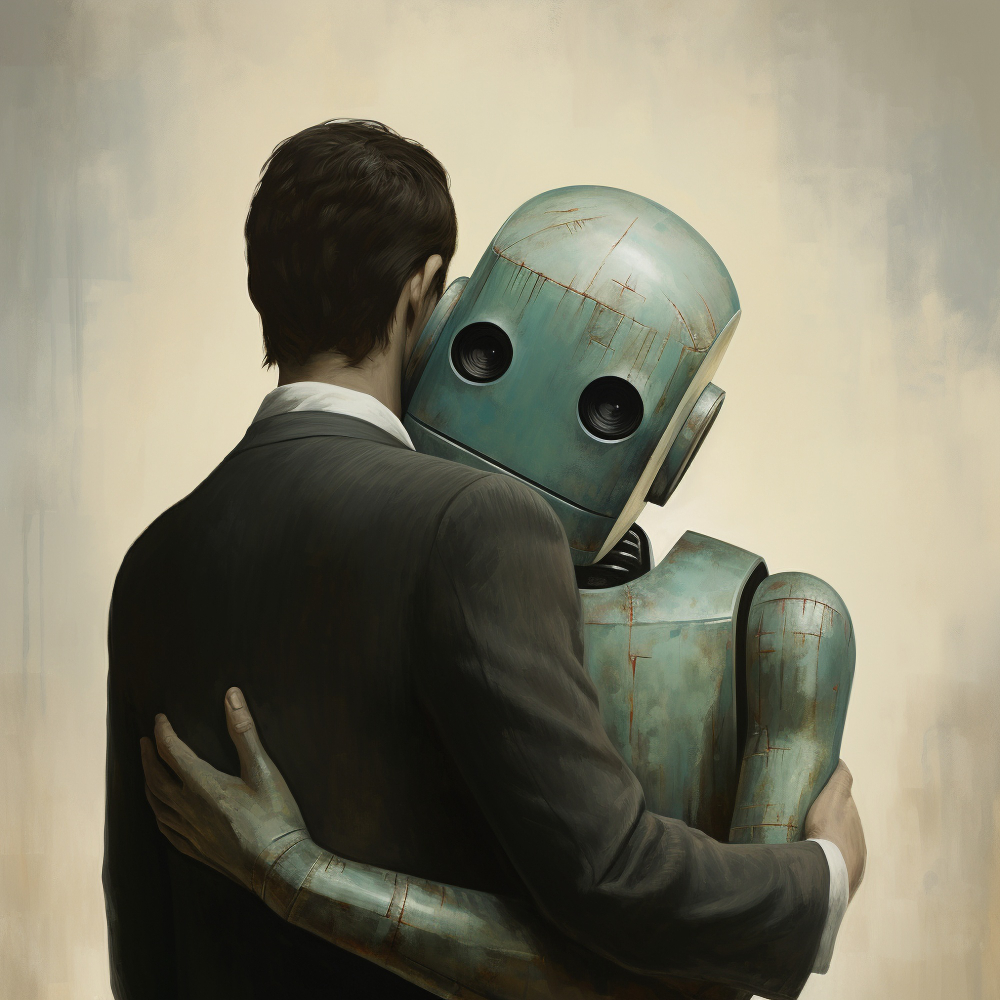The AI Tipping Point: Where Transformation Begins
In 2022, the world met generative AI. By 2025, we are no longer just meeting it—we’re adapting to it, restructuring economies around it, and questioning what it means to work in a world of digital minds. The International Monetary Fund predicts AI will impact 40% of global jobs, with some displaced and others amplified. But one thing is clear: this isn't a temporary disruption. It's a foundational shift.
The question no longer is if AI will reshape our workforce—it’s how we will respond. The future of work will not be powered solely by algorithms or automation, but by human-AI collaboration. What skills do we need to thrive in this era? How do we prepare a workforce that can both partner with and compete against digital intelligence?
Beyond Coding: A Global Skills Crisis
"It won't be AI taking jobs. It will be people with AI skills," says Shea Gopaul, the International Organisation of Employers' Permanent Representative to the UN. This powerful insight captures the new reality: AI is not just a technical challenge—it’s a human one.
Yet, we’re entering this revolution with a troubling handicap. 2.6 billion people remain offline. The digital divide is morphing into a skills chasm. And without urgent interventions—especially in developing economies—we risk reinforcing inequality at AI scale.
The solution isn’t just connectivity. It’s a rethinking of education, policy, and public-private partnerships that move beyond access to capability.
The Return of Apprenticeships—Reimagined for AI
Apprenticeships may seem like an old-world idea, but they are gaining new relevance. Programs like the Global Apprenticeship Network (GAN) are forging partnerships between businesses, governments, and learning institutions to rapidly upskill workers.
We are seeing the rise of "dual-skilling": training people in AI fluency while nurturing human traits like empathy, adaptability, and collaboration. It’s this hybrid competency that will define success in the AI economy. And it’s why multinational corporations must lead by example—not just automating, but augmenting.
Jobs Disrupted, Not Destroyed: An Optimistic Outlook
John Frankel, founder of ff Venture Capital, challenges the doomsday narrative. “The jobs lost are easy to see. The jobs gained are harder to imagine—but they’re real.”
From AI-enabled supply chains to generative content creation, we're seeing AI open entirely new sectors of employment. Robotics, digital manufacturing, volumetric video, and synthetic media are creating roles that didn’t exist five years ago.
The problem isn’t job destruction. It’s misalignment. The workforce must be retrained to meet the needs of the new economy, not the one we’re leaving behind.
Human + AI: The Next Creative Frontier
In media and entertainment, AI is lowering the cost of volumetric video, enabling immersive storytelling for concerts, sports, and even training. Kamal Mistry calls this a democratization of creativity. But creativity itself cannot be automated.
Filmmaker Reza Safai reminds us that while AI can assist, it cannot invent meaning. “The skills that will keep you relevant in the future aren’t purely technical. It’s about learning to think differently, to see possibilities where others see limitations.”
This new workforce will need vision, emotional intelligence, and the ability to harness technology not just for efficiency, but for wonder.
Education in the Age of Iteration
Matt Greenfield, education investor, emphasizes what schools must now become: adaptive learning ecosystems. It’s not about teaching a tool like ChatGPT. It’s about cultivating skills that can’t be codified: catalytic questioning, moral reasoning, unlearning biases, and leading teams that include both humans and machines.
AI is not the end of human learning—it’s the beginning of a more dynamic, multi-agent process. The curriculum of the future must reflect this.
VDC Insight: Rebuilding the Workforce Model
At AiDOOS, we see this future already unfolding through Virtual Delivery Centers (VDCs). These are not traditional BPOs. They are decentralized, on-demand hubs of digitally fluent talent, blending AI agents with skilled professionals across geographies.
VDCs aren’t just filling talent gaps—they’re redefining how companies approach work itself. From onboarding AI agents alongside teams to sourcing specialist talent in real-time, the VDC model embraces lifelong learning and agility at scale.
As work becomes modular, skills—not job titles—will be the new currency.
The Path Forward: 4 Key Imperatives
To harness AI’s potential while safeguarding human prosperity, we must act decisively:
-
Governments must prioritize digital infrastructure, equitable access, and global AI governance frameworks.
-
Businesses must embed continuous upskilling and responsible AI adoption into their DNA.
-
Educational institutions must dismantle obsolete curricula and prepare students for multidisciplinary, AI-augmented careers.
-
Individuals must embrace lifelong learning, leaning into adaptability, ethics, and curiosity as superpowers.
Final Word: Humans Will Matter More, Not Less
“The future is big enough for both humans and digital minds,” says philosopher Nick Bostrom. But only if we shape it deliberately.
In this new world, those who flourish will not be those who know the most code or memorize the most data—but those who can ask better questions, build trust across cultures and systems, and make AI not just powerful, but purposeful.
Welcome to the age of augmented humanity. Are we ready?

